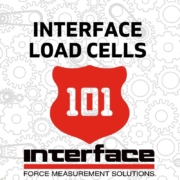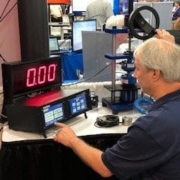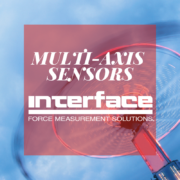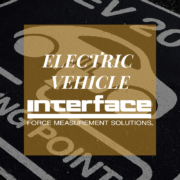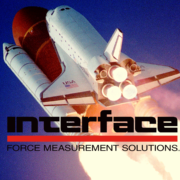Accelerating Automotive Excellence in the Test Lab
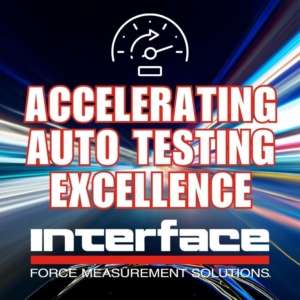 The automotive industry has many regulations and requirements in place to ensure vehicle safety and reliability of all vehicles. The responsibility for validating these standards of quality primary falls on the automotive original equipment manufacturer, who often rely on test labs to assess product specifications, safety, quality, and durability. Working together, the OEM and test labs are responsible for confirming regulations and requirements are met on every vehicle, part, component and sub-component that hits the market.
The automotive industry has many regulations and requirements in place to ensure vehicle safety and reliability of all vehicles. The responsibility for validating these standards of quality primary falls on the automotive original equipment manufacturer, who often rely on test labs to assess product specifications, safety, quality, and durability. Working together, the OEM and test labs are responsible for confirming regulations and requirements are met on every vehicle, part, component and sub-component that hits the market.
Interface understands that test labs need the very best in terms of testing devices and equipment. Interface, a supplier to automotive testing labs for decades, has a broad range of products used in all types of torque, force, and weighing applications. Accelerating Automotive Excellence With Interface Testing Lab Solutions is a new case study that details common challenges and solutions offered by Interface to fit the requirements of today’s modern automotive industry testing lab.
Our products are used all types automotive testing lab applications. These products include:
- Load Cells and Various Force Measurement Devices
- Rotary and Reaction Torque Transducers
- Weight Measurement Equipment
- Calibration Grade Devices
- Test Stands and Load Frames
- Analog and Digital Instrumentation
- Data Acquisition Systems
Quality, accuracy and durability are key considerations for the type of measurement device selected for different tests, whether it is for brake caliper testing or in airbag connector tests.
General Automotive Lab Test Types
- Component and Sub-Component Level Testing
- Suspension Testing, including component level, such as shocks, springs and subframes and multi-post shaker rigs
- Durability Testing, such as seats, window frames, material
- Safety Testing such as crush, seat belt testing, and airbag mounts
- Crash Walls
For general automotive testing solutions, key considerations for auto testing lab requirements are high cycle count capabilities and load cell integration in actuation systems. Our products are used for off-axis and impact loading and measuring test article failure net results. The equipment can be exposed to many environmental challenges so load cell ruggedization is very important to lab professionals.
Automotive Driveline Test Types
- Engine and Motor Performance and Durability Tests
- Engine and Motor Efficiency Testing
- Power Analyzation (Electric)
- Driveline Durability and Efficiency
- Component Testing
- Accessory Drive Testing
For automotive driveline testing, considerations on equipment include peak torque ratings, rotating torque capabilities. Easy transducer integration with couplings matters for these tests. Additional factors for equipment include signal requirements, environmental conditions, noise levels, both electrical and mechanical and vibration. The devices used in testing article failure are very important for evaluating net results.
Test labs also prefer precision sensors for critical tests, which include our 1200 Series LowProfile™ Load Cells with their special moment compensated design. Popular ruggedized Interface products used in automotive testing include our 2400 series and 3200 series Stainless Steel LowProfile™ Load Cells and our WMC Miniature Load Cells
With a wide range of automotive vehicle load cell sensors, force and torque measurement capabilities and features such as moment compensation, temperature compensation, and mechanical overload protection, Interface can help you design a solution perfect for your automotive application. We also offer custom one-off sensors and special application-specific designs.
To learn more about testing lab solutions, be sure to tune into our Interface Testing Lab Essentials Webinar.
Accelerating Automotive Excellence with Interface Testing Lab Solutions Case Study